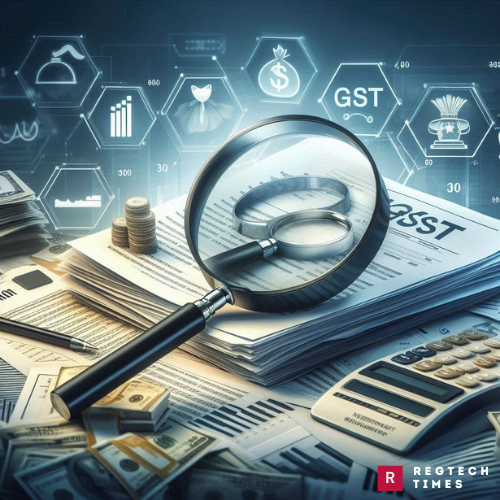GST fraud has emerged as a significant challenge for tax authorities globally, siphoning off vital resources meant for public services and infrastructure. The recent case of Shaun Both, a South Australian café owner, sheds light on the intricacies of such fraudulent activities and highlights the Australian Taxation Office’s (ATO) resolve to combat this form of financial deception. This article delves into the details of Shaun Both’s fraudulent schemes, his eventual capture, and the broader implications for tax enforcement and community welfare.
Shaun Both’s Fraudulent Scheme
Between March 2014 and January 2016, Shaun Both, the sole owner of Metro Express Café, engaged in a calculated scheme to defraud the ATO. By submitting nine false quarterly Business Activity Statements (BAS), Shaun Both claimed over $1 million in GST refunds to which he was not entitled. The deception was meticulous; each BAS was crafted to appear legitimate, concealing the fraudulent nature of the refund claims.
GST, a value-added tax applied to most goods and services sold for domestic use, is a vital source of revenue for the Australian government. Businesses are required to collect GST on behalf of the government and remit it periodically. They can also receive credits for the GST paid on business-related purchases. Shaun Both’s manipulation of this system allowed him to unjustly benefit from substantial refunds, depriving the community of essential funds.
The Capture and Legal Proceedings of Shaun Both
In 2019, as legal proceedings loomed, Shaun Both fled to Western Australia, attempting to evade justice. However, the ATO, demonstrating its commitment to accountability, tracked him down to a remote roadhouse in Western Australia. The Australian Federal Police (AFP) subsequently arrested him, ensuring he faced the charges in South Australia.
Shaun Both’s legal battle culminated in his conviction on multiple counts: nine counts of obtaining a financial advantage by deception, contrary to Section 134.2 of the Criminal Code (Cth), and one count of knowingly handling money derived from criminal activities, in violation of Section 400.4. The court sentenced him to six years and six months in prison, with eligibility for parole after three years and eight months.
The Impact and Asset Liquidation of Shaun Both
The fallout from Shaun Both’s fraudulent activities extended beyond his imprisonment. In February 2016, he used a portion of the illicit GST refunds to purchase a property in Adelaide’s inner-city suburbs for $530,000. However, his financial mismanagement led to bankruptcy just ten months later. Consequently, his assets, including the property, were liquidated to repay the debts owed to the ATO.
Assistant Commissioner Jade Hawkins of the ATO emphasized the broader societal impact of such fraud. Hawkins stated, “This individual knew he wasn’t entitled to those funds but claimed them anyway. Not only did this offender gain an unfair advantage over other businesses, but he also stole money that supports essential community services like schools, hospitals, and transport.”
Broader Implications of the Shaun Both Case
Shaun Both’s case is a reminder of the ongoing battle against GST fraud and the measures in place to deter and punish such activities. The ATO’s success in tracking down Shaun Both and ensuring his prosecution highlights the agency’s dedication to maintaining the integrity of the tax system.
GST fraud not only undermines fair competition among businesses but also deprives the community of critical resources. The funds lost to fraud could otherwise support public services and infrastructure, directly impacting the quality of life for all citizens. As Assistant Commissioner Hawkins noted, “This matter proves it doesn’t matter where you try to hide; the ATO will find you and make sure you are held accountable for your actions.”
The case of Shaun Both illustrates the severe consequences of GST fraud and the lengths to which authorities will go to protect public funds. It serves as a deterrent to others who might consider similar fraudulent schemes and reinforces the importance of a robust and vigilant tax enforcement system. While most taxpayers comply with their obligations, those who seek to exploit the system for personal gain will face significant legal repercussions and financial restitution, ensuring that justice prevails, and community resources are safeguarded.


